
Have you visited Viva Engage yet?
News 16 DecemberViva Engage is here. Access it easily via Microsoft Teams.
15 May 2024
Share
A message from Executive Dean of Health Sciences Professor Suzanne Chambers:
The famous American anthropologist Margaret Mead once said, “Never doubt that a small group of thoughtful, committed individuals can change the world. In fact, it's the only thing that ever has.” This seems a very fitting quote with which to lead into my column as it is, for me, a very salient reflection on the actions and outcomes of ACU individually and collectively.
In March, the Faculty of Health Sciences First Peoples Collaborative was launched as a community of practice to support how First Peoples perspectives are embedded into our learning and teaching practices. Through cultural reflection the collaborative recognises and celebrates all cultures in a welcoming and inclusive space as our reconciliation journeys continue. At the same time, and further building on their partnership with Indigenous Allied Health Australia (IAHA), the School of Allied Health began cultural responsiveness training for key staff. These initiatives are part of our commitment to lay further foundations for First Peoples cultural safety and success within the Faculty Health Sciences (FHS), both inside and outside the classroom.
In keeping with its recent Carnegie Community Engagement Classification, which reflects the university’s commitment to social justice and the common good, we in the FHS are determined to continue to innovate and amplify the quality and impact of our work.
To this end, we have academics leading an evaluation exploring the effectiveness of a series of support services for parents of premature or very sick babies admitted to neonatal intensive care units and special care units across 150 Australian hospitals. The project is in partnership with Life’s Little Treasures Foundation, which offers a range of products and services to parents in what is a very difficult period in their lives, both while their baby is in hospital and once the family have returned home.
In another collaborative international research project, academics are exploring nutritional knowledge and practices of parents in Papua, Indonesia. The project is in partnership with the Black Pearl Network (of the Uniting Church) and will also involve working with an Indonesian partner university who will collect the data in-country.
And in yet another collaborative international project, the contribution of students has paved the way for capacity building food literacy programs. In partnership with Darebin communities, programs have been developed to encourage healthy eating, enable access to healthy foods and enhance community understanding around food and nutrition.
In April, as is the faculty’s custom, we celebrated the feast day of our faculty patron Saint Bernadette of Lourdes with the first Aquero lecture of the year. The Aquero Lecture Series honours the Catholic intellectual tradition by inspiring progressive dialogue towards principled leadership, in a global health paradigm that is constantly changing. SPRINT, in conjunction with the Mary MacKillop Institute for Health Research presented on the fascinating subject, “You are what you eat … and how you sleep”. Presenting Professors Shona Halson and Louise Burke shared their combined expertise from more than 40 years working with elite and professional athletes and the lessons we can all learn from a nutrition and sleep perspective. The professors showcased insights on quantities and timing of caffeine consumption for performance and how different quantities of alcohol affect REM sleep, with insightful takeaways and enlightening facts on the subtleties of elite athletes’ diets and the effect on their performance. The lecture below is available for anyone who may have missed attending.
Also in April, Vice-Chancellor and President Professor Zlatko Skrbis and Mary MacKillop Institute for Health Research Director Professor John Hawley officially opened the ACU human metabolic chamber, the only one of its kind in the southern hemisphere.. The chamber will afford future research into the effects of exercise and dietary interventions on the health of all Australians in areas like obesity and type 2 diabetes, sleep and circadian rhythm, exercise physiology and sports science.
You can also watch a short video on how the metabolic chamber works below.
Thus, we witness groups of thoughtful, committed individuals working to change the world for the better. And I encourage everyone in our university to take a moment to reflect on our shared commitment to human dignity and the common good, and our commitment to each other as a learning and giving community. Perhaps a moment to ask ourselves, “In my work, how do I protect the dignity of others, and can I do more? How might I renew and replenish my contribution to the wellbeing of my community?”

Viva Engage is here. Access it easily via Microsoft Teams.

A message from Interim Executive Dean, Faculty of Education and Arts, Professor Phil Parker
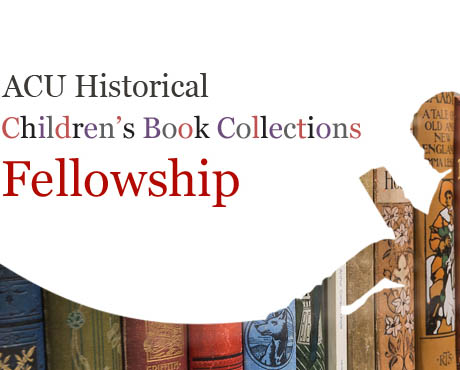
The library is supporting the ACU Historical Children’s Book Collections 2025 Fellowship. It is an opportunity to conduct research on our historical collection of children’s books, located at St Patri...
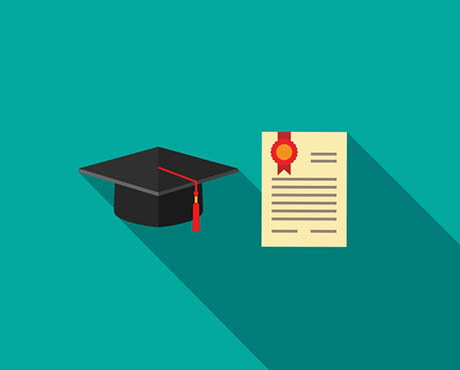
A new Adjunct and Honorary Titles Policy and Procedure has been approved and is now in effect at ACU.
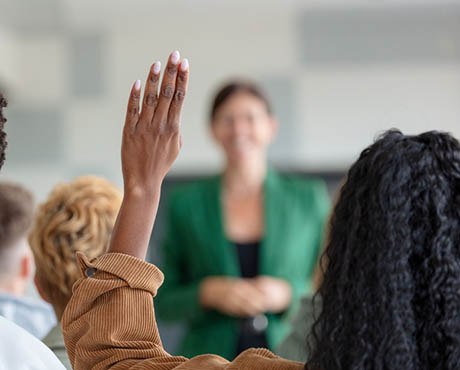
Advance your career in teaching and learning with the Graduate Certificate in Higher Education. Enrol by 22 June to get started in Professional Term 5.

Include an additional survey item in the Student Evaluation of Learning and Teaching (SELT) survey for units that are offered in ACU Online Term 2 (202536).
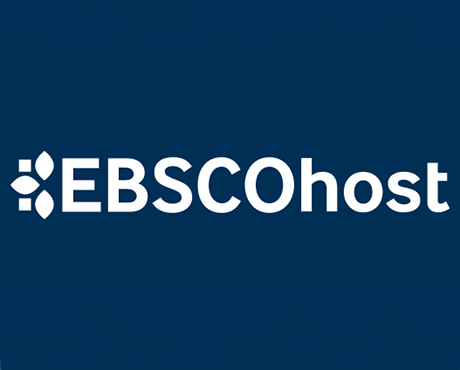
On 24 June ACU will transition to the new EBSCOhost. This will result in a new look and feel across some of our most popular databases. Learn more about the changes and what action may be required of ...

Teaching staff are encouraged to check their units have been correctly linked to their names for the Student Evaluation of Learning and Teaching (SELT) surveys in upcoming teaching periods.

Please be aware of the following changes to payroll processing dates.

ACU has three student modules: the Academic Integrity, Respectful Relationships, and Protecting our Children modules. Semester 1 students must complete their modules by 1 July to access their results ...
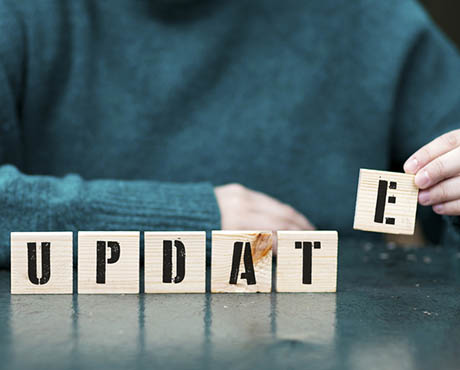
As part of Student Administration's commitment to service excellence, AskACU will be running on-campus re-enrolment drop-in sessions in July, while CMAS enhancements will improve information available...
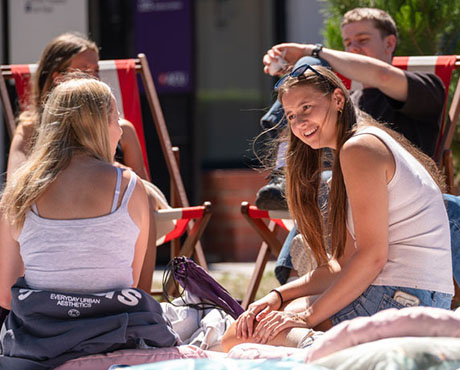
The Student News and Events bulletin is sent to all students, nationally, and includes a broad cross-section of news, announcements, events and stories from across the university. The May edition is o...
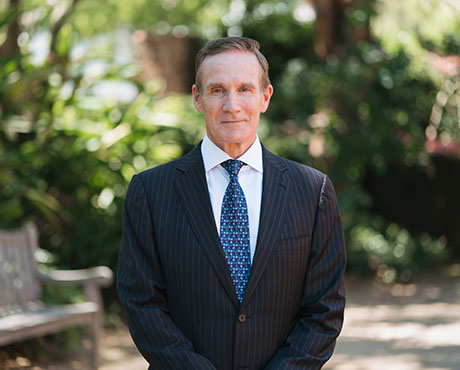
A message from the Chief Operating Officer Patrick Woods.

Register for these 15-minute sessions to learn more about the variety of online researcher profile platforms and what is involved in setting up, linking and updating your profile.

Lecturers-in-charge can make a direct determination of Poor Academic Practice (PAP) for students who engage in minor forms of academic misconduct. Learn why they can be valuable to staff and students.

A reminder to all academic staff that the mandatory Notice of Intent, for those intending to apply for promotion in the 2025 round, must be submitted by 11.59pm this Friday (30 May).

ACU is developing a new Education and Student Success Plan to ensure our university continues to provide a high-quality, student-centred learning experience. Find out how you can contribute to the pla...

Expect a few email notifications as we prepare to welcome you to Viva Engage next week.

Include an additional survey item in the Student Evaluation of Learning and Teaching (SELT) survey for units that are offered in Professional Term 4 (202547).

An update from the Executive Dean of Law and Business Professor Andrew O'Neil.
Visit Service Central to access Corporate Services.